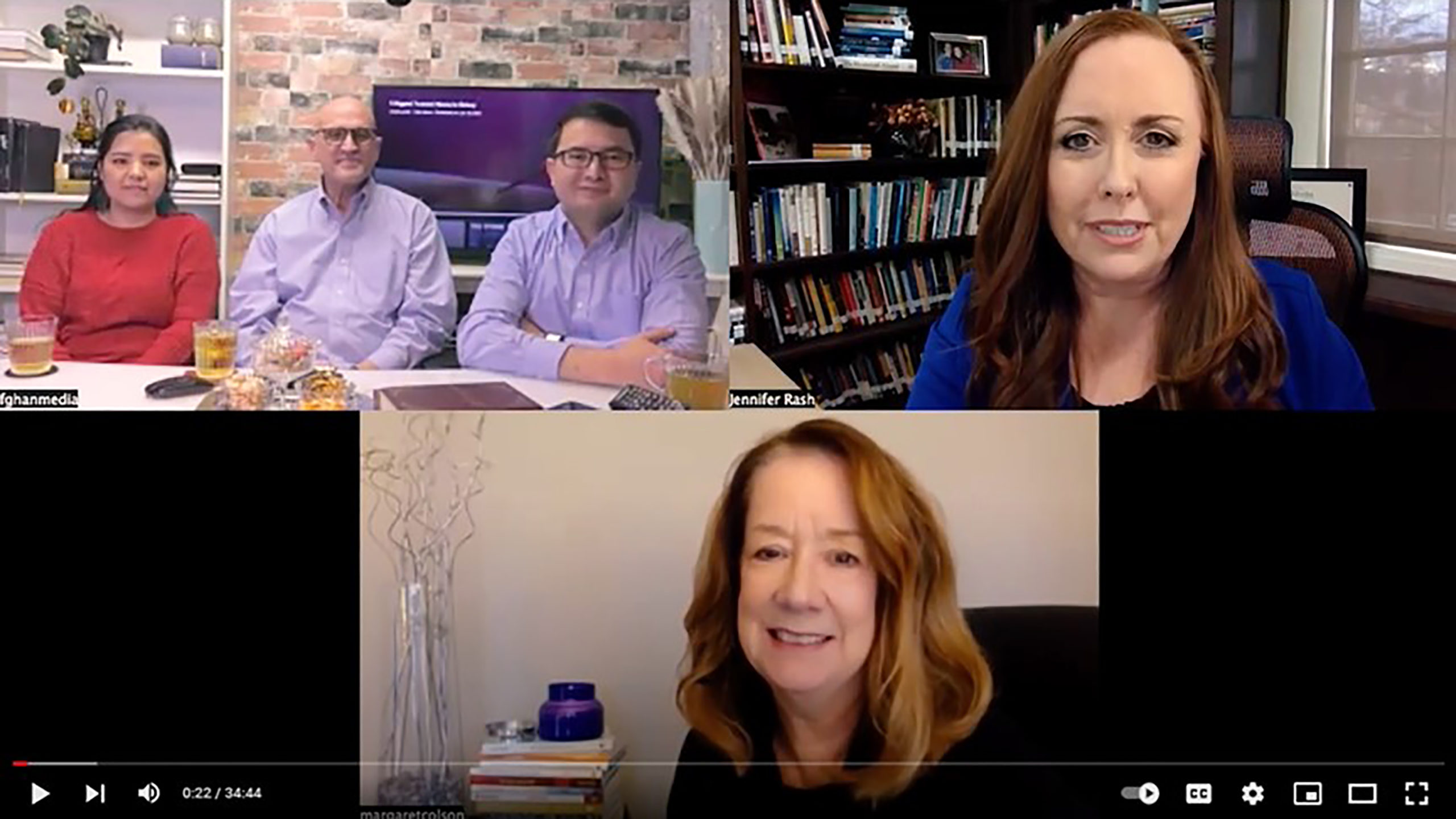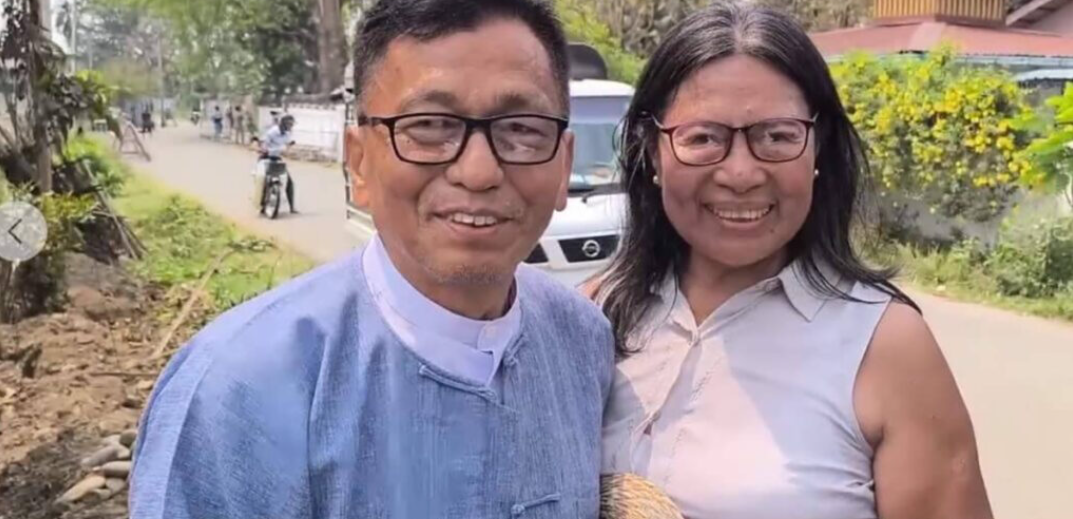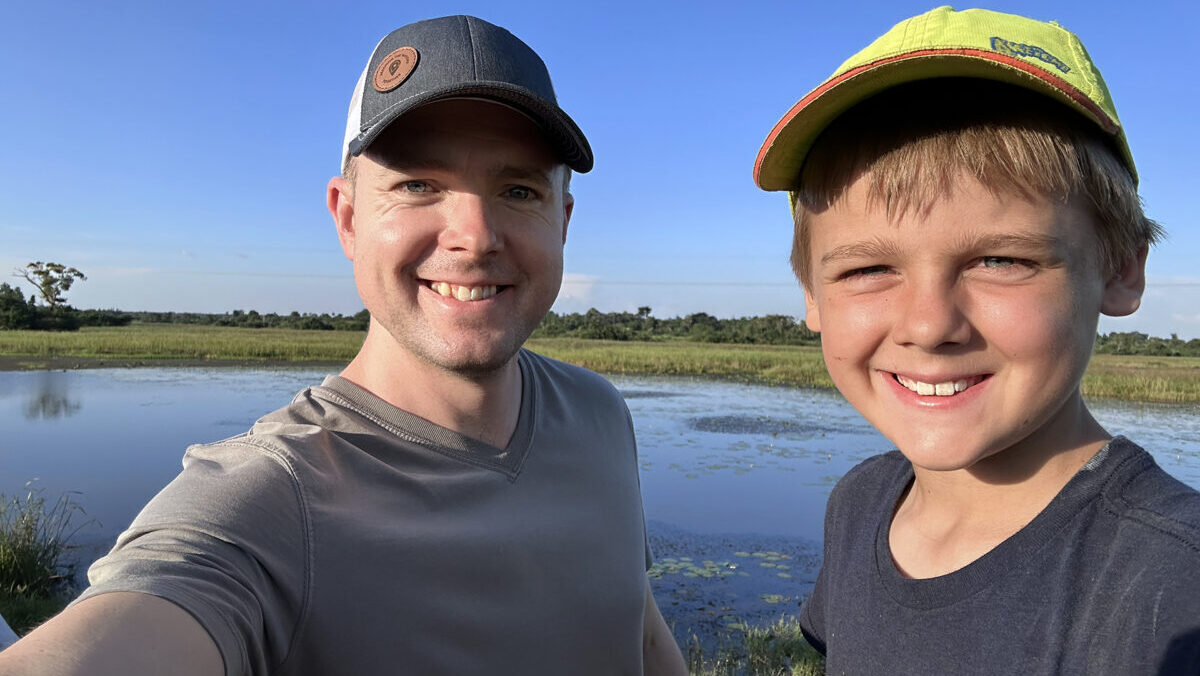Marking six months since the Taliban took over Afghanistan, some of those serving refugees through a Memphis ministry recently shared about the tragedy of the situation and the good that God has brought from it.
Discussing the plight of Afghan refugees in the United States, during a TAB Media Special Report video interview, host Jennifer Davis Rash and co-host Margaret Colson talked with Mark Morris, the director of Refugee Memphis, as well as David Paiman, pastor of an Afghan church there, and Benafsha Ahmad Shah, a missionary working with the ministry. Refugee Memphis is part of the North American Mission Board’s Send Relief center there.
Morris also is an assistant professor at Union University, and he serves with Paiman and Shah, who are Afghan nationals, to welcome and assist refugees.
Morris said many Afghans have fled their country and moved to the U.S., and some have had trouble finding assistance, acceptance and care.
“One of the things that has happened is that many of the refugee resettlement agencies have sort of reached the limit on the number of refugees that they’re receiving,” Morris explained.
Groups like Samaritan’s Purse, he added, have partnered with a resettlement group, creating the opportunity for churches to host refugees and serve as resettlement centers.
“We at Refugee Memphis have said we’ll take 100 — that may be a dozen, 15 families,” Morris said. “They’ll be coming to Memphis we think in the next six months. We keep hearing of churches all over the United States that are doing the same thing and responding to God’s calling.”
Living arrangements
The ministry has been organizing living arrangements, Shah said, noting they’re asking local complexes “if they have any available apartments for these refugees. We got one and we’re getting ready for a family coming next week.
“We asked some churches to give donations like furniture,” she added, “and we’re talking to a lot of churches and having a lot of volunteers to come and help us with this work.”
Showing love
Not everyone knows how to talk to and respond to refugees, and the group discussed some do’s and don’ts.
“It seems that many churches are waking up and are ready to help refugees, and that’s really encouraging me,” Paiman said, adding many have their own guidelines but the most important thing is showing love.
It is important to keep in mind, Paiman said, that switching over to a new culture can be especially difficult for refugees, “because they [have] culture shock when they come here.”
He explained, “Language is different, the country, everything is different. We should just love them and by loving and by friendship, they will adjust to the country.”
Shah added, “Also in a new country it takes up to two years, and then sometimes for refugees coming here it is a little bit overwhelming in the beginning. We get so excited to teach them everything, but it’s a lot for them.”
Morris noted his group’s website includes suggestions for hosting an Afghan family and how to help them integrate into the culture.
“Men really relate to men and women relate to women, and we really don’t need to force them to change that kind of cultural norm,” he said. “We should expect our Afghan friends are in general more conservative morally and are maybe shocked by the way they see Americans dress or things they see in American television.
“Also recognize that each one has a story to tell, but embedded in that story is deep hurt, and that story may not come out until you have many cups of tea — it requires many cups of tea — and not asking too many questions but just showing kindness,” he said, emphasizing the importance of spending time talking and sharing.
A long journey
Paiman said the journey from their country to the U.S. has many times been long and difficult, and Americans must take that into account.
His story includes five and a half years in India, three years in Indonesia and four in Australia. Despite that, his attitude remains positive.
“The best time of my life was my refugee time, because I have free time to spend time with the Lord and have time to share the gospel with people,” Paiman explained. “I went to a lot of refugee camps, and people need to hear about God. That was the best time that I experienced.”
The conversation turned to the current situation in Afghanistan, and Morris noted he still is in contact with some people trying to get out.
“I’m in touch with people that are helping Afghans just survive and helping them move from place to place when they are in danger … particularly for the ethnic minorities, for single women, for vulnerable people like different ethnic groups and particularly for Christians,” Morris said. “The fear of retaliation for your race or for your religion is an everyday reality and the possibility — the likelihood — of starvation is very real.”
Morris noted the book, “The Insanity of God,” which addresses the phenomenon of people under persecution and what God teaches them through it.
How to pray
“Often what we want to pray is, ‘God release them, give them safety, give them security,’” Morris said.
“Many times, the true, devoted followers of Jesus, they ask us to pray, ‘Lord, help me to be found faithful. Help me not to be weak in my faith. Help me to be bold in my witness and give me perseverance,’” he recalled from the book. “I think we have to honor that request for people under persecution. We know the gospel advances under persecution.”
One prayer need is for Taliban members to turn to Christ.
Another prayer need is for those who can speak the language to come forward and help break through cultural barriers and find “that woman-to-woman sharing time and man-to-man sharing time, where they can truly be transparent,” Morris said. “It’s a cultural barrier, it’s a spiritual battle that requires lots of time and prayer.”
Paiman shared about a former Taliban suicide bomber who made a profession of faith in Christ and now is part of his church. He also recalled that years ago some Taliban had studied the Bible with a friend of his for more than a year, eventually coming to Christ.
“We need American churches to help Afghan refugees to plant Afghan churches where they are,” Morris said, “to help create connections and relationships.”
For more information visit www.refugeememphis.com.








